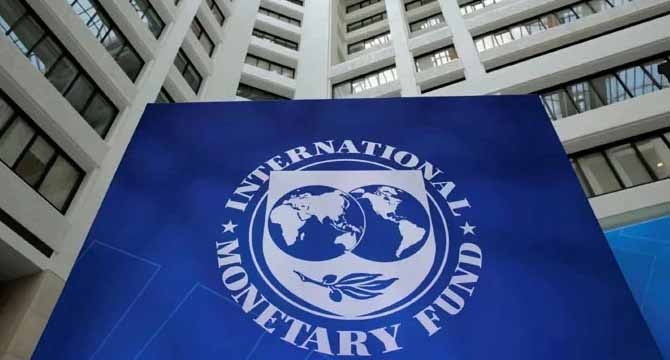LAHORE , July 24, 2023: Prime Minister Shehbaz Sharif is repeatedly telling the people that the $3 billion deal reached with the International Monetary Fund (IMF) had been negotiated only because of the harsh realities as it wasn’t their choice but only a compulsion.
But what is the reason? The tough conditions set by the world’s top financial institution, which translates into more rate hikes, higher gas and electricity tariffs, reduced subsidies and thus more burden for common man. Certainly, it can’t be the first option for any political leader who relies on votes and claims to a representative of people.
However, the ground realities had forced Shehbaz to assure IMF Managing Director Kristalina Georgieva that he would not tolerate an iota of violation of the agreement.
Why? Because Georgieva had clearly stated a day earlier that the violation of the Extended Fund Facility (EFF) – the previous agreement inked by the then PTI government in which Asad Umar, Abdul Hafeez Sheikh and Shaukat Tarin led the economic team – had eroded the confidence in Pakistan.
She, however, added that the Shehbaz-led government had addressed the trust deficit and was fully committed to the obligations under the stand-by arrangement (SBA) agreement that replaced the EFF which expired on June 30.
The IMF was furious after the PTI government went against the programme conditions and didn’t go for the tariff hikes – the very terms it had agreed to before inking the deal. Issues like not tightening the monetary policy.
Meanwhile, the PTI government even gave special concessions to the sectors like land developing and textile through tax amnesty schemes and subsidies/ exemptions.
It also failed to expand tax base, enhance revenue collection and reduce state expenditure, causing huge budget and trade deficits, which resulted in total collapse of the deal.
Although the present coalition government made progress on implementing the IMF terms, it has a political cost thanks to rising inflation. But it certainly did the reduce the budget and trade deficits.
Read more: Cabinet approves Rs3.50 to Rs7.96 hike in power base tariff
But the most painful thing for Finance Minister Ishaq Dar is his inability to check the rupee depreciation and cut interest rate only due to the IMF as the State Bank of Pakistan is now fully independent after the PTI government fulfilled one of the main conditions under the EFF.
Moreover, the IMF ensured that allowing the market to determine the exchange rate was again among the set of conditions for SBA, meaning the hands are tied.
With more rate and tariff hikes are going to hurt the people even more, the political leadership is certainly in a quagmire. But the imminent investment from the Gulf States and signing the LNG deal with the Azerbaijan can revive the fortunes in the coming days and months with the people reaping some of the benefits.
Everything now depends on general elections and how the PML-N manages to present its case so that it can come into a power with a clear majority to set the tone for future. The IMF means business – a venture that will only burden the masses whose first choice, like any other place in the world, is to see themselves basic needs meet.

